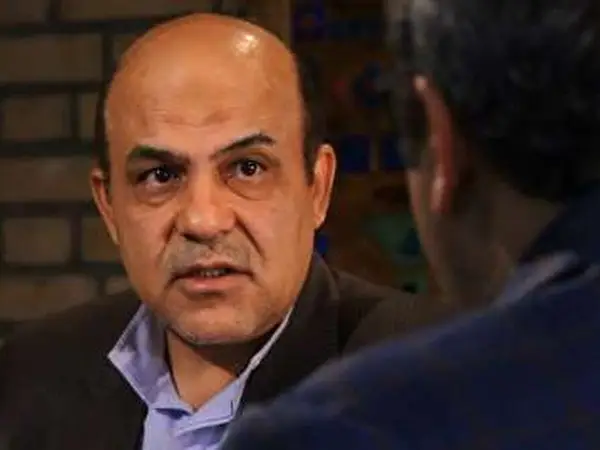After Iran executed British-Iranian national Alireza Akbari reports say London is reconsidering its support for reviving the 2015 Iran nuclear deal.
Tehran announced on Saturday that it executed the former deputy defense minister, Alireza Akbari, after sentencing him to death on charges of spying for Britain’s MI6.
Before his death, an audio file was leaked where he claimed to have been tortured for 3,500 hours. Akbari said in the tape the regime had forced him to confess to crimes he had not committed.
Following the execution, The Sunday Telegraph said the UK is reconsidering its support for the 2015 nuclear deal known as the JCPOA, dealing another blow to the chances of reviving the accord. Britain has been a key player in the talks on restoring the Obama-era deal, abandoned by former US President Donald Trump.
The Sunday Telegraph cited senior – but unnamed -- British government sources as saying that the “landscape” has changed significantly since negotiations began in 2021, and as such Britain is now reviewing its options regarding its future involvement in renewing the deal.
“During the time we have been dealing with it, the landscape and proposition has completely changed – largely because of the behavior of the Iranian regime,” a government source said. The sources pointed out that the relationship with Tehran has been under severe strain in recent months due to its brutal repression of protests, ignited by the death in custody of Mahsa Amini. Meanwhile, Downing Street said “all options are under review” following the execution of Akbari.
Foreign Secretary James Cleverly has also announced a series of measures in response to the execution, including sanctioning the regime’s prosecutor general and summoning Iran’s charge d’affaires to convey Britain’s “disgust”. He said the sanctions show that the UK is serious about holding Iran to account for its “appalling human rights violations”.
The British ambassador to Iran has also been temporarily recalled to the UK for urgent talks about possible next steps. Cleverly is also set to travel to Washington DC on Monday for talks with US Secretary of State Antony Blinken where the two will discuss Iran.
On Saturday, Rishi Sunak accused the regime of a “callous and cowardly act, carried out by a barbaric regime with no respect for the human rights of their own people”.
Ramin Forghani, Akbari’s nephew who fled to Luxembourg because of his opposition to the regime, has said that continuing the discussions with Iran would be “unthinkable”.
Britain is already drawing up plans to proscribe Iran’s Revolutionary Guard (IRGC) as a terrorist organization.
Britain has also received support from the United States, France and Germany, all signatories of the JCPOA, in its condemnation of the execution.
Since negotiations to revive the nuclear deal or JCPOA broke down in September, the Biden administration and its European allies have put the talks on the backburner and even President Joe Biden said in early November that “JCPOA is dead.”
Akbari’s execution is a major escalation in tensions between the West and the Islamic Republic, which were already sour over Tehran’s crackdown on nationwide antigovernment protests and its military support for Russia’s invasion of Ukraine.
Akbari had been deputy defense minister under the reformist President Mohammad Khatami, from 1997 to 2005. He was an advocate of the Iran nuclear deal known as the JCPOA that was eventually signed in 2015 with world powers.
He was also close to Ali Shamkhani, the secretary of the Supreme National Security Council of Iran. A source close to the Islamic Revolutionary Guard Corps has provided information to Iran International showing that the execution of Akbari is aimed at weakening Shamkhani’s position in the clerical regime. It seems that President Ebrahim Raisi, Intelligence Minister Esmail Khatib and Interior Minister Ahmed Vahidi are exerting pressure to remove Shamkhani from the post.
